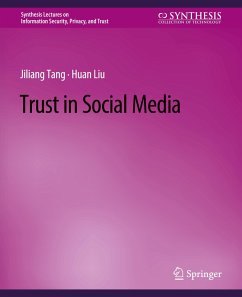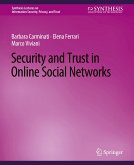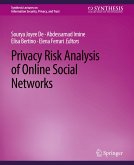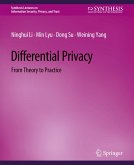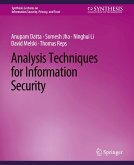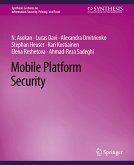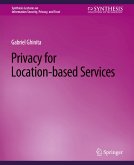Social media greatly enables people to participate in online activities and shatters the barrier for online users to create and share information at any place at any time. However, the explosion of user-generated content poses novel challenges for online users to find relevant information, or, in other words, exacerbates the information overload problem. On the other hand, the quality of user-generated content can vary dramatically from excellence to abuse or spam, resulting in a problem of information credibility. The study and understanding of trust can lead to an effective approach to addressing both information overload and credibility problems. Trust refers to a relationship between a trustor (the subject that trusts a target entity) and a trustee (the entity that is trusted). In the context of social media, trust provides evidence about with whom we can trust to share information and from whom we can accept information without additional verification. With trust, we make the mental shortcut by directly seeking information from trustees or trusted entities, which serves a two-fold purpose: without being overwhelmed by excessive information (i.e., mitigated information overload) and with credible information due to the trust placed on the information provider (i.e., increased information credibility). Therefore, trust is crucial in helping social media users collect relevant and reliable information, and trust in social media is a research topic of increasing importance and of practical significance. This book takes a computational perspective to offer an overview of characteristics and elements of trust and illuminate a wide range of computational tasks of trust. It introduces basic concepts, deliberates challenges and opportunities, reviews state-of-the-art algorithms, and elaborates effective evaluation methods in the trust study. In particular, we illustrate properties and representation models of trust, elucidate trust prediction with representative algorithms, and demonstrate real-world applications where trust is explicitly used. As a new dimension of the trust study, we discuss the concept of distrust and its roles in trust computing.

